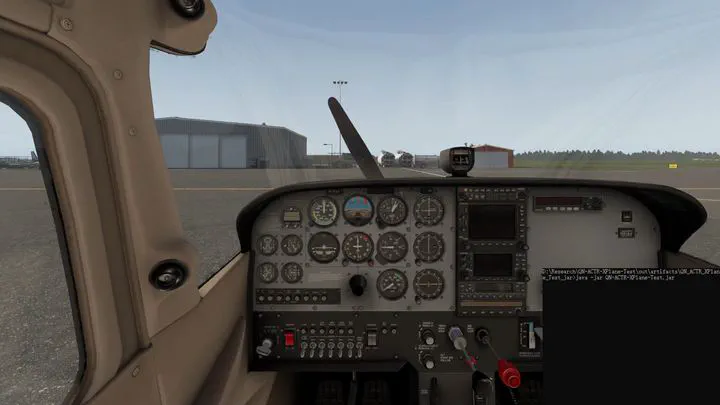Modeling Pilot Flight Performance in a Cognitive Architecture
Oct 26, 2021
·
0 min read
 Image credit: Rongbing Xu
Image credit: Rongbing XuAbstract
Cognitive architecture models can support the simulation and prediction of human performance in complex human-machine systems. In the current work, we demonstrate a pilot model that can perform and simulate taxiing and takeoff tasks. The model was built in Queueing Network-Adaptive Control of Thought Rational (QN-ACTR) cognitive architecture and can be connected to flight simulators such as X-Plane to generate various data, including performance, mental workload, and situation awareness. The model results are determined in combination by the declarative knowledge chunks, production rules, and a set of parameters. Currently, the model can generate flight operation behavior similar to human pilots. We will collect human pilot data to examine further and validate model assumptions and parameter values. Once validated, such models can support interface evaluation and competency-based pilot training, providing a theory-based predictive approach complementary to human-in-the-loop experiments for aviation research and development.
Date
Oct 26, 2021 10:00 AM — 10:50 AM
Event
HFES 65th International Annual Meeting